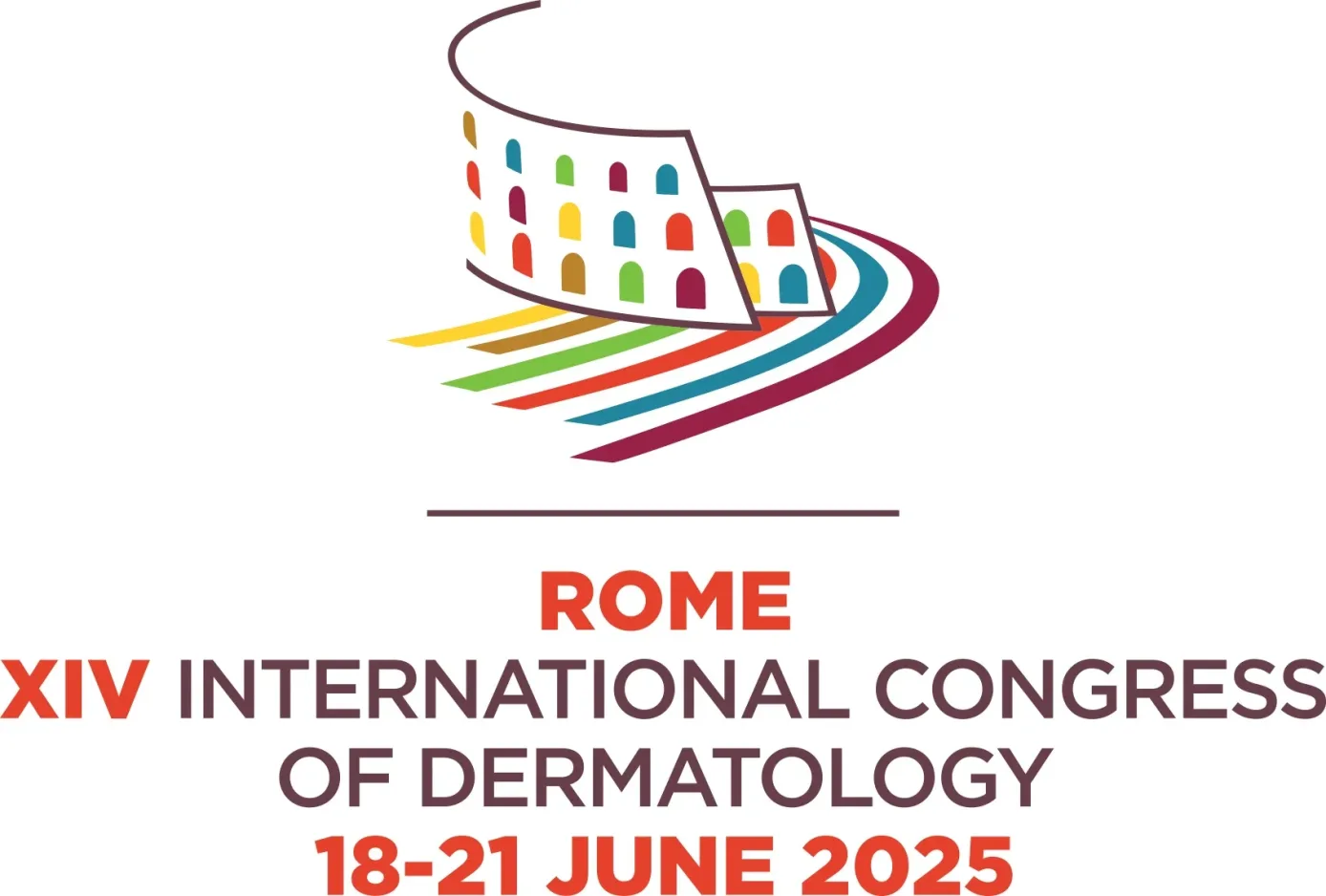Watching videos, reading books, and studying research papers help us build our knowledge. But one thing that is especially helpful is gaining insights from industry experts.
In this edition, we had an insightful discussion with a leading healthcare leader in the region and Senior Healthcare Physician Executive, Rola Hammoud. She shared key highlights from her past experience and answered a forward-looking question.
Interestingly, Rola Hammoud emphasized one crucial point when making decisions. What’s that advice? Read the interview article to find out.
MedEdge MEA: What are the most significant changes in healthcare you’ve seen, and how have they impacted patient care?
Rola Hammoud: The healthcare landscape has recently been changing significantly due to the rapidly growing technology, policy shifts, demographic trends, and global events. Healthcare digitalization and the expansion of telemedicine have allowed for better sharing of health information, improving care coordination and access to care for underserved populations.
When it comes to digitization, wearable technology and real-time health monitoring devices can today promote early intervention and preventive care, shifting towards proactive health management. The integration of artificial intelligence in healthcare is expanding to enhance diagnostics and personalized medicine, support clinical decisions, and improve operational efficiency. However, adopting AI should be regulated under an ethical and secure framework. The responsible use of AI in healthcare is necessary to ensure patient safety and data security.
Another domain where change is important is the implementation of Value-Based Care Models, which focus on patient-measured outcomes and quality of care rather than volumes and revenues. When implemented, this will lead to better health results and lower costs.
The Patient-Centered Care concept is enhancing the patient experience today, shifting it from satisfaction to empowerment, where patients are involved in their care decisions, thus improving satisfaction and treatment adherence with a holistic health approach. We are also witnessing more awareness and recognition of mental health, leading to improved access and integration of mental health care into primary settings.
All these changes aim to create an efficient, accessible, and patient-centered system while presenting challenges in equity, data privacy, and ethical technology use. Adaptability from all stakeholders is crucial for continued evolution.
ME: What motivated you to establish the Lebanese Society for Quality and Safety in Healthcare, and what are its key achievements?
RH: Patient safety is an important topic in healthcare. As an anesthesiologist, I have focused on patient safety throughout my 30 years of clinical experience. In 2011 while attending a European conference on global patient safety efforts, I was inspired to co-founded the Lebanese Society for Quality and Safety in Healthcare in September 2012 to promote equal patient safety across Lebanon. Today, our society is a national reference in healthcare quality and safety, consulted by various entities and we strive to bring international expertise to our yearly conferences and workshops. We established the National Patient Safety Goals program with the World Health Organization and continue to raise awareness nationwide among providers and the communities.
ME: What strategies have you implemented at Fakeeh Hospital in Madinah to ensure high standards of care?
RH: Leading the Commissioning program of a new hospital is a critical phase that sets the foundation for delivering the high standards of Fakeeh Care Group. Madinah being a holy city, drives us to be very meticulous about this foundation.
Also Read : A Key Pillar of My Leadership Is Investing in Human Capital
Stakeholder Engagement is an important strategy to reach our objectives. We were engaging healthcare professionals, patients, vendors and community representatives in the planning process to understand needs and expectations and tailor services appropriately. We also maintained open channels for feedback and input throughout the commissioning process and reached out to the Madinah community to educate the public on our available services and on health promotion.
Our dedication to ensure safe practices can be seen in the adoption of automation and the integration of medical equipment with our hospital information system aiming at building a smart hospital.
Complying with National and International Standards is a must at Fakeeh Care Group hospitals where policies and procedures are aligned with established healthcare benchmarks, such as those set by the Joint Commission and CBAHI Standards. We make sure to develop evidence-based clinical protocols and guidelines to standardize care delivery and maintain compliance with local regulations governing healthcare provision.
ME: What advice would you offer aspiring healthcare leaders aiming to make a positive industry impact?
RH: This would involve a blend of vision, resilience, and effective strategies to drive meaningful change, and make a lasting positive impact on the industry and the communities we serve.
My first advice is to lead with purpose, and our purpose is to put the Patients first and keep them at the centre of our care, understand their needs, foster empathy and connect with them on a human level. Ensure they are safe in our organizations and that our services meet their expectations.
I also encourage leaders to commit to continuous learning and embrace innovation and technology before it is too late, to encourage creativity where members feel safe to propose new ideas and solutions.
Building collaborative teams and empowering them promote interdisciplinary collaboration. Taking care of our people promotes psychological safety where employees feel safe to express concerns and suggest improvements without fear of reprimand. Celebrating achievements builds motivation and loyalty.
When making a decision, it is essential to utilize analytics, leverage data, track outcomes, and measure the impact of changes implemented within the organization. When sharing the results, do it transparently with stakeholders, communicating both successes and areas for improvement to build trust and accountability.




















